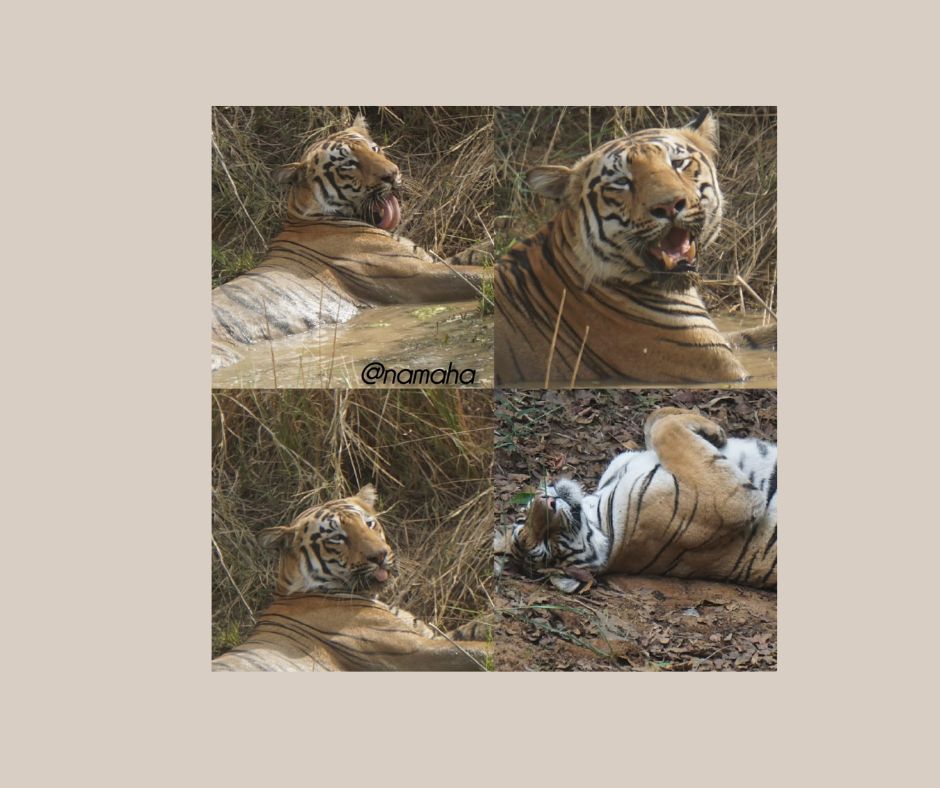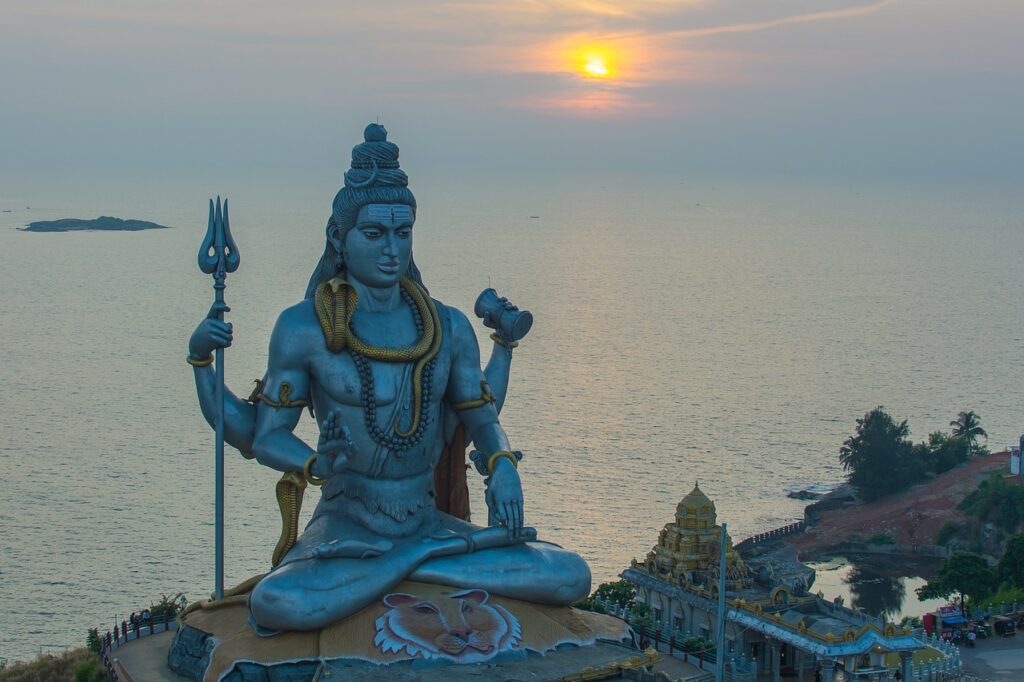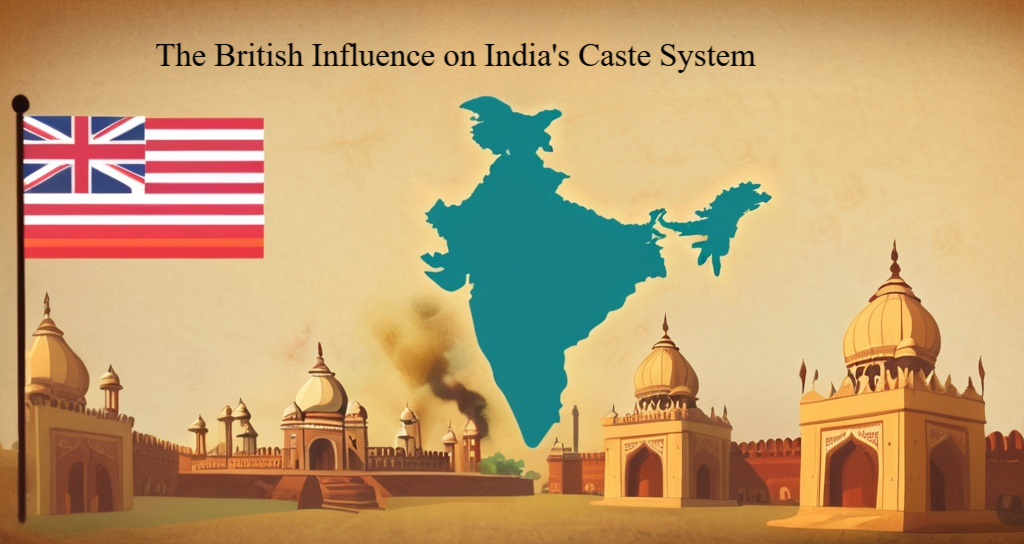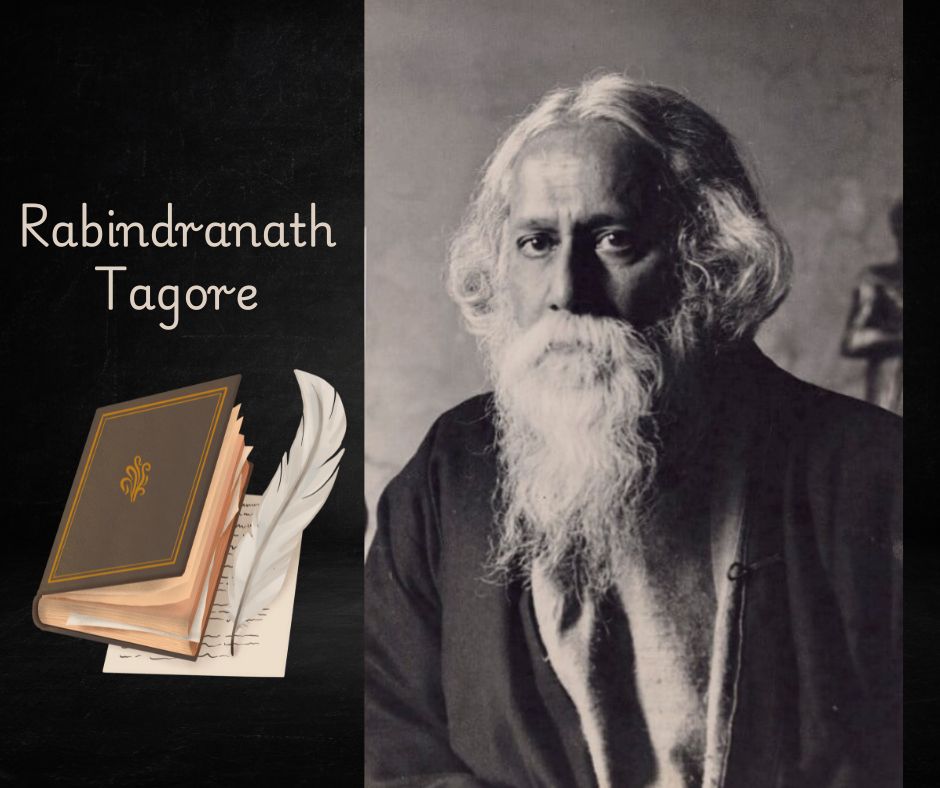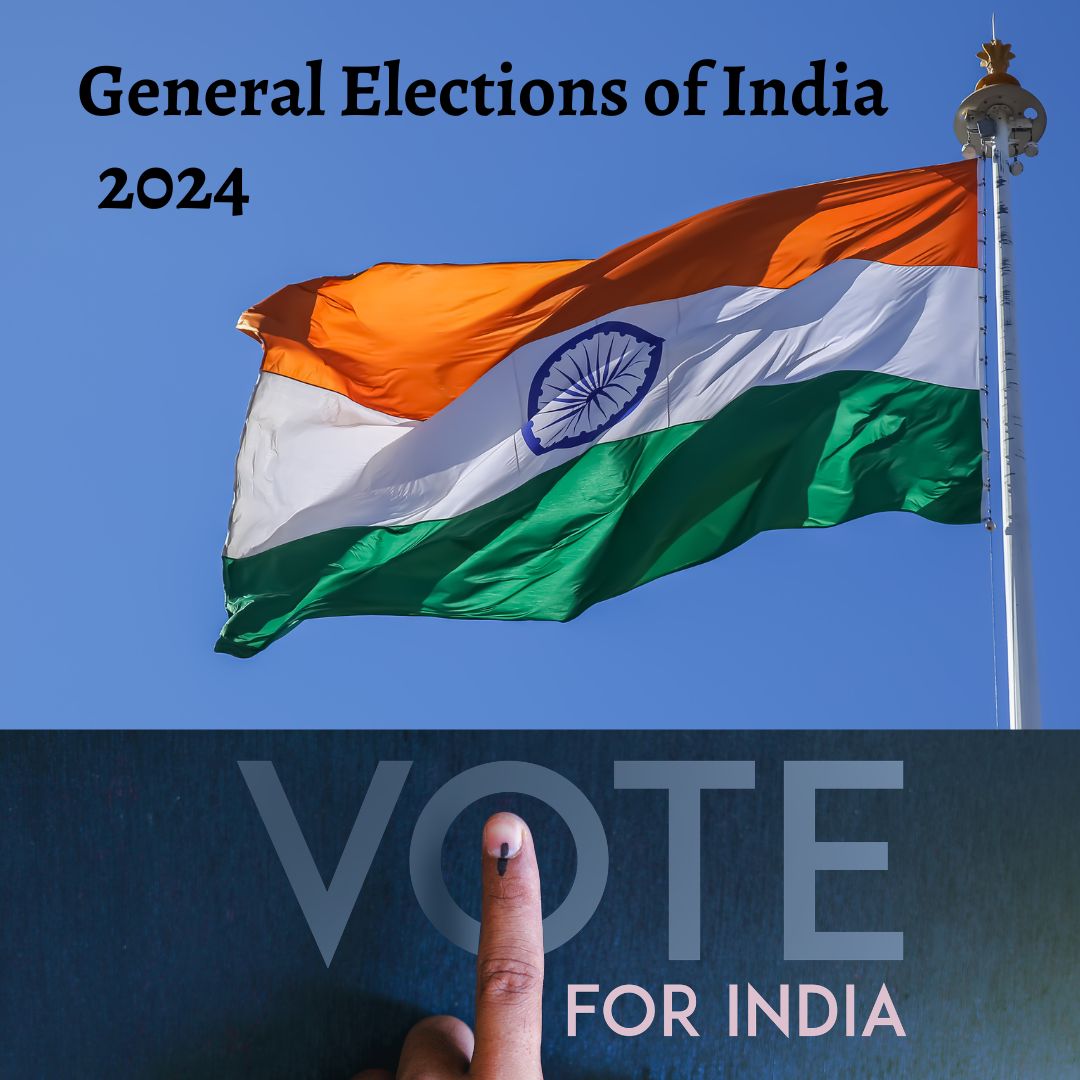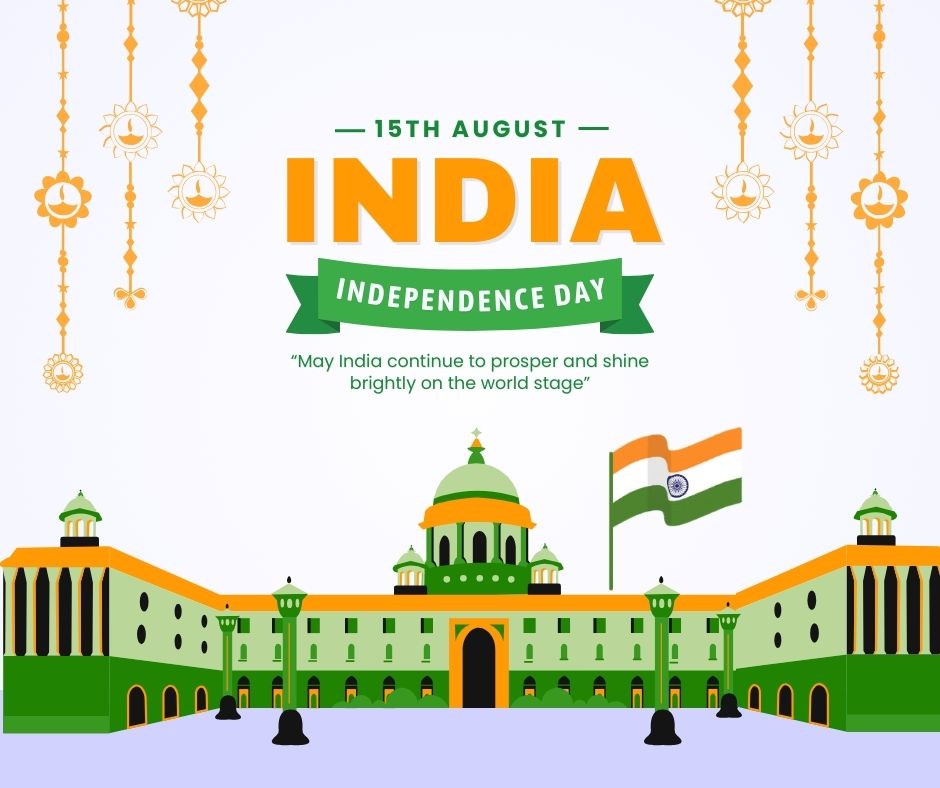The call for Hindu Unity is often met with skepticism by many Hindus themselves; who see it as a political stunt which is divisive in nature
Unfortunately, this skepticism overlooks two things: firstly, the vision of Hindu unity was uppermost on the minds of all national leaders during the freedom struggle- a fact always whitewashed- and secondly this vision was driven by the acute awareness: at its core India is a Hindu civilization which needs to be protected from the dangers within!
Gurudev Rabindranath Tagore had no hesitancy in pointing out the real threat to inclusiveness:
“There are two religions in earth, which have distinct enmity against all other religions. These two are Christianity and Islam. They are not just satisfied with observing their own religions, but are determined to destroy all other religions. That’s why the only way to make peace with them is to embrace their religions.”
Tagore was at his sarcastic best- a tad sad- in pointing out that peace with Islam and Christianity meant giving up your faith.
To preserve the civilizational unity of India as also the sublime features like diversity, inclusivity, pluralism and spirit of universal acceptance which are cherished so much in the intellectual discourse, Hindu unity is a necessity must be recognised unapologetically. Also must be recognised that threat to same comes from within by those who whitewash the exclusiveness of Abrahamic faiths by blaming the so called Hindu communalism conveniently.
Coming back to Tagore, on the issue of Hindu Muslim unity, the tender hearted poet in him was deeply disillusioned at the wrongs done to Hindus and this is reflected in his letter written to Hemantabala Sarkar:
“The terrible situation of the country makes my mind restless and I cannot keep silent. Meaningless ritual keep the Hindus divided in hundred sects. So we are suffering from series of defeats. We are tired and worn-out by the fortunes by the internal external enemies. The Muslims are united in religion and rituals. The Bengali Muslims, the South Indian Muslims and even the Muslims outside India – all are united. They always stand united in face of danger. The broken and divided Hindus will not be able to combat them. Days are coming when the Hindus will be again humiliated by the Muslims. “You are a mother of children, one day you will die, passing the future of Hindus society on the weak shoulders of your children, but think about their future.” (Re: letter dated 16th October, 1933).
Those who condemn Hindutva as ‘bigoted’ day in and day out for its emphasis on Hindu unity have kept the Hindus in the darkness of ignorance by suppressing the observations of Tagore who wrote in despair:
“Whenever a Muslim called upon the Muslim society, he never faced any resistance – he called in the name of one God ‘Allah-ho-Akbar’. On the other hand, when we (Hindus) call.., ‘come on, Hindus’, who will respond? We, the Hindus, are divided in numerous small communities, many barriers-provincialism-who will respond overcoming all these obstacles?”
For a community divided by caste, language, region, gods and traditions, the call of ‘come on Hindus’, mentioned by Tagore was clearly for Hindu unity which held no attraction for Hindus back then. Unfortunately even in 2024 the call of “batenge toh katenge” (divided shall perish) to forge Hindu unity by cutting across all barriers to create a strong society which can resist religious aggression is sneered at and mocked by supposedly secular politics ! It is seen as ‘communal slogan’ with ‘political overtone’.
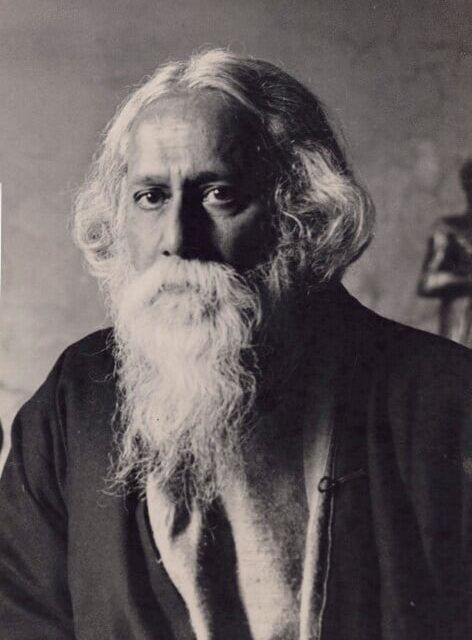
Read an article about Hindu tradition here.
To come back to the crux of the matter, Tagore was to point out that history was not a thing of past but repeating in the times in which he lived:
“We suffered from many dangers, but we could never be united. When Mohammed Ghouri brought the first blow from outside, the Hindus could not be united, even in those days of imminent danger. When the Muslims started to demolish the temples one after another, and to break the idols of Gods and Goddesses, the Hindus fought and died in small units, but they could not be united.”
”It has been proved that we were killed in different ages due to our discord. Weakness harbours sin. So, if the Muslims beat us and we, the Hindus, tolerate this without resistance-then, we will know that it is made possible only by our weakness. For the sake of ourselves and our neighbour Muslims also, we have to discard our weakness. We can appeal to our neighbour Muslims, `Please don’t be cruel to us. No religion can be based on genocide’ – but this kind of appeal is nothing, but the weeping of the weak person. When the low pressure is created in the air, storm comes spontaneously; nobody can stop it for sake for religion. ”
”Similarly, if weakness is cherished and be allowed to exist, torture comes automatically – nobody can stop it. Possibly, the Hindus and the Muslims can make a fake friendship to each other for a while, but that cannot last forever. As long as you don’t purify the soil, which grows only thorny shrubs you cannot expect any fruit.”
The violence perpetrated by sections of Muslim community was openly justified by citing their own scriptures without any guilt. Tagore was very clear that all appeals for abstaining violence, and the plea that religion cannot justify “genocide” were signs of weakness inherent in the divided Hindu society to build a “fake friendship” miscalled as Hindu Muslim unity. In 1940, even Dr. Ambedkar arrived at same conclusion by analyzing Islamic tenets to be a major component leading to the failure of Hindu Muslim unity (this will be discussed in a different article)
Tiger – The Heart of an Indian Jungle
Cruelty to Animals: Sin in Hinduism Tyger Tyger, burning bright,In the forests of the night:What…
Maha Shivratri – Significance in Hinduism
A Celebration of Transformation and Consciousness Maha Shivratri, celebrated with fervor and devotion, holds a…
Hindu Unity: A Step Towards National Unity – Part II
We welcome you to read our second part of Hindu Unity: A Step Towards National…
The British Influence on India’s Caste System: A Historical Perspective
The caste system in India, often misunderstood and misrepresented, has deep historical roots that were…
Kumbh Mela: A Spiritual Confluence – Everything you want to know about Kumbh
Hindu Unity: Step towards National Unity Part 1
The call for Hindu Unity is often met with skepticism by many Hindus themselves; who…
In recent times, the popularity of Mahatma Gandhi has certainly received a strong set back. This is not because Hindus are becoming intolerant as falsely accused by some and readily believed by those pretending to be asleep; it is because of the growing awareness of the many statements issued by the ‘father of nation’ which are very hard to reconcile with and digest- they appear way too insensitive and uncaring towards Hindus who were victims of violence.
Gandhi’s bias in appeasing Muslim community is not a Hindutva viewpoint as falsely alleged; it has been documented by many leaders of his era- Dr. Ambedkar and Dr. Annie Besant, to name a few. However, despite all this, even the Mahatma knew the reality way too well and was not completely blind to it. To cite the memorable words of Gandhi – Mahatma Gandhi – (and not Rahul Gandhi of ‘Bharat Jodo’ !!!)
“There is no doubt in my mind that in the majority of quarrels the Hindus comes out second best. My own experience but confirms the opinion that the Mussalman as a rule is a bully, and the Hindu as a rule is a coward. I have noticed this in railway trains, on the public roads, and in the quarrels which I had the privilege of settling.”
Alas! That which even the Mahatma had understood and admitted has been suppressed by the intellectual discourse which emerged under Nehruvian dispensation. Gandhi’s assassination was exploited for political gains and intellectuals fabricated the myth of ‘majoritarian communalism’ of Hindus to distort the reality, and ensured that self blame was deeply imprinted in Hindus.
Buy Batenge toh Katenge T-Shirt here
As regards the Mahatma, he being a Barrister also knew- knew perhaps too well- the cause of this violent streak in Muslim minority when he wrote,:
“Islam was born in an environment where the sword was and still remains the supreme law. The sword is too much in evidence among Mussalmans. It must be sheathed if Islam is to be what it means –peace.”
Even while pursuing his life long agenda of Hindu Muslim unity in a rather tenacious manner, Gandhi found the claim of Islam as religion of peace to be at odds with its track record of violence. Besides, this violence was not just in some historical context. He found it to be ingrained in Islamic environment right from the time of its birth- given the fact that he was witnessing language of sword in it even during his own times !
(To be continued in Part II)
About Author – Manoj Shankar Naik
Manoj Shankar Naik is in the coaching profession teaching Mathematics for school and junior college as well as competitive entrance exams for admission to engineering courses. Apart from his profession, he has a deep interest in the history of the colonial era and is fairly well-versed in the writings of most national leaders.
Our team would love to receive your feedback. Feel free to provide your feedback through comments. Please share this article with your family and friends.


